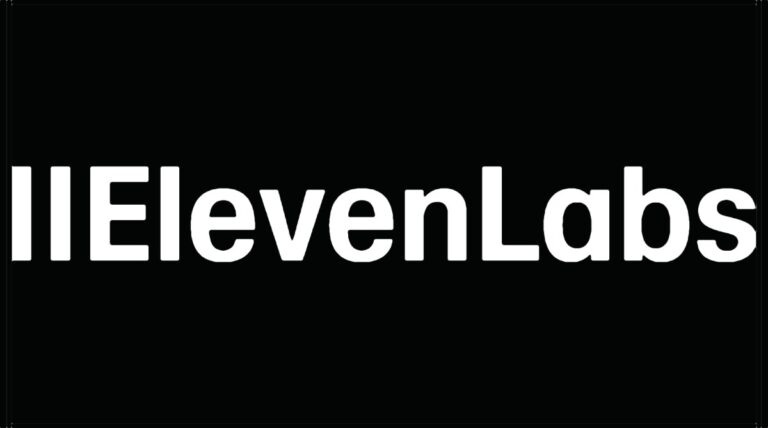Crogl Unveils Revolutionary AI ‘Iron Man Suit’ for Security Analysts: Backed by $30M Investment
In the evolving landscape of cybersecurity, AI agents are becoming increasingly significant. A notable newcomer, Crogl, has recently launched an autonomous assistant designed specifically for cybersecurity researchers. This innovative tool aids in analyzing the thousands of daily network alerts, ensuring that actual security incidents are swiftly identified and addressed.
Introducing Crogl’s Autonomous Cybersecurity Assistant
On Thursday, Crogl’s CEO and co-founder, Monzy Merza, described the assistant as an “Iron Man suit” for researchers. After a successful private beta phase with numerous large enterprises, Crogl has now officially launched and announced an impressive $30 million funding round.
Funding Breakdown and Future Plans
The funding consists of two parts:
- $25 million Series A led by Menlo Ventures
- $5 million Seed round led by Tola Capital
Located in Albuquerque, New Mexico, Crogl will utilize this capital to enhance its product offerings and expand its customer base.
The Unique Approach of Crogl
In a world flooded with cybersecurity tools, Crogl differentiates itself by addressing the overwhelming number of alerts generated by existing security software. Merza’s extensive background in the security industry has been instrumental in shaping Crogl’s innovative approach.
Monzy Merza’s Background and Vision
Before founding Crogl, Merza worked with the U.S. government at the Sandia atomic research lab and held leadership roles at Splunk and Databricks. His experience led him to identify the pain points faced by end-users during his tenure at HSBC.
Partnering with former colleague David Dorsey, Crogl was born out of a desire to revolutionize how security alerts are managed.
Understanding the Alert Overload Problem
Security analysts often struggle to manage the influx of alerts, typically resolving around two dozen alerts daily, while facing up to 4,500 alerts. Merza emphasizes that existing tools fail to evaluate alerts as efficiently as humans do, largely due to their flawed approach.
He argues that while security leaders appreciate a high volume of alerts for learning purposes, this is ultimately unsustainable. “The security industry has been telling people to reduce the number of alerts,” Merza stated. “But what if every alert could be a multiplier, enhancing security teams’ resilience?”
Crogl’s Innovative Solution
Crogl aims to tackle this challenge by leveraging big data and the principles behind Large Language Models. The platform, described as a “knowledge engine,” not only flags suspicious activities but also learns to recognize these signals over time.
Moreover, it allows researchers to query alerts in natural language, helping them uncover trends and streamline their workflows.
Future Potential and Expansion
As Crogl grows, there are plans to extend its capabilities beyond alert management, with remediation being a key focus area. Tim Tully, a partner at Menlo Ventures who led the investment, expressed confidence in the team’s potential, citing their extensive experience and successful track record.
Tully noted, “I knew what they were capable of building. It felt like the product was a mapping of Monzy’s security brain in terms of how the problem was solved.”
For more insights into the future of cybersecurity innovations, visit our cybersecurity page.







